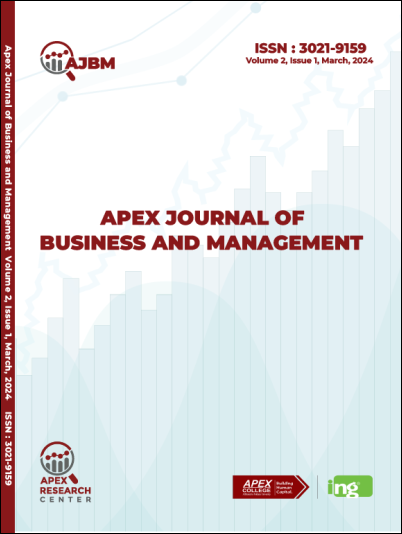Total Quality Management and its Relevance in Nepalese Hotel Industry
Keywords:
Hospitality management, Customer satisfaction, Total quality management, Hotel sector, NepaleseAbstract
Total Quality Management (TQM) has emerged as a comprehensive organizational management approach, emphasizing continuous improvement to enhance product and service quality. This study aims to investigate the impact of Total Quality Management (TQM) practices on service quality in the hospitality sector of Nepal. Additionally, it seeks to explore how service quality, influenced by TQM practices, affects customer satisfaction in Nepalese hotels. The research focuses on employees in the Nepalese hospitality sector, utilizing a research population of 358 individuals through convenience sampling. Structural Equation Modeling (SEM) is employed as the analytical tool to assess the relationships between TQM practices, service quality, and customer satisfaction. The findings reveal that management support and commitment, quality planning, and continuous improvement significantly contribute to enhancing service quality in hospitality management within the Nepalese context. Furthermore, the study establishes a significant positive influence of service quality on customer satisfaction in Nepalese hotels. This research underscores the relevance of TQM practices in elevating service quality and subsequently impacting customer satisfaction in the burgeoning Nepalese hotel sector. Understanding these dynamics holds strategic importance for industry practitioners and policymakers.
Downloads
Downloads
Published
How to Cite
Issue
Section
License
Copyright (c) 2024 The Author(s)

This work is licensed under a Creative Commons Attribution-NonCommercial 4.0 International License.
This license requires that reusers give credit to the creator. It allows reusers to distribute, remix, adapt, and build upon the material in any medium or format, for noncommercial purposes only.




